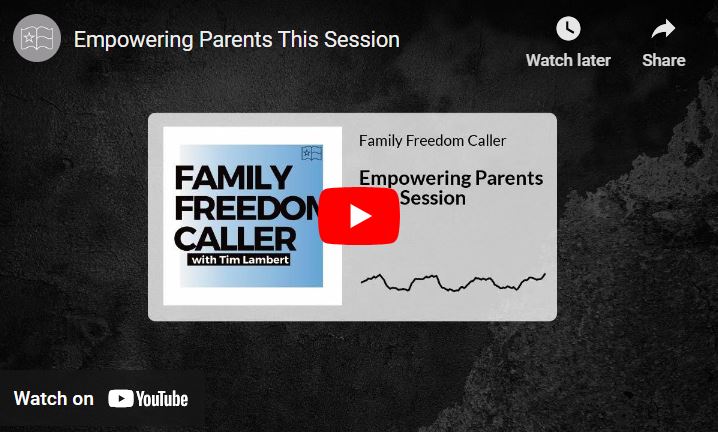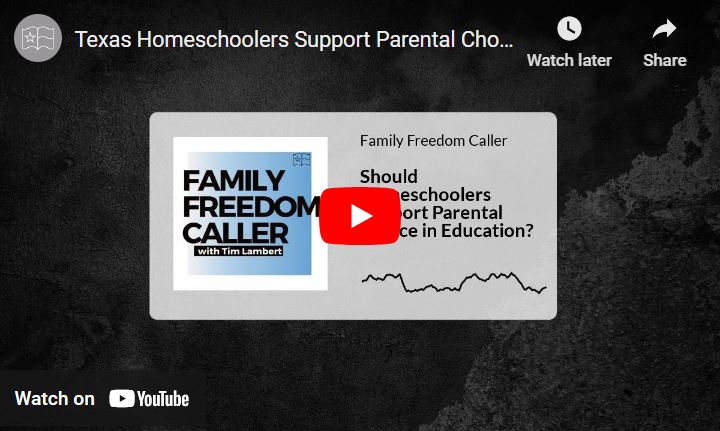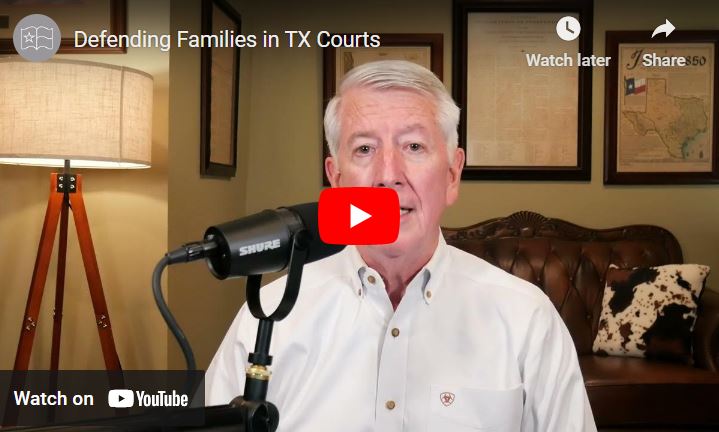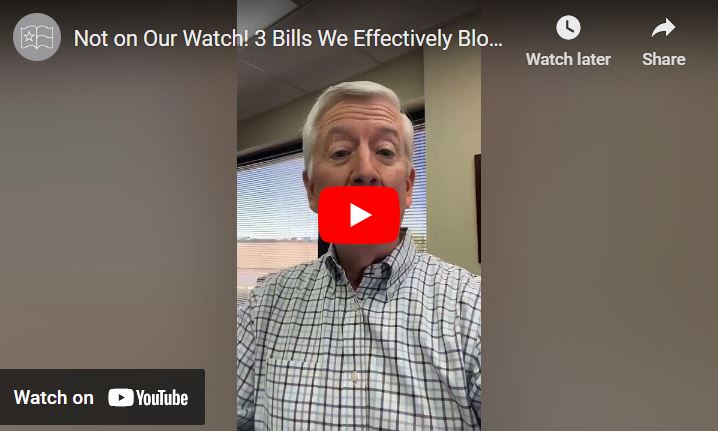A CPS Perfect Storm
Child Protective Services has just taken your child. In essence, you temporarily lose your parental rights. Completely devastated and emotionally raw, you might dare to ask, “What more could go wrong?”
Unfortunately, most Texans are completely unaware that under current family law this situation actually can get even worse.
The Problem: Continuing Court of Jurisdiction
Current Texas law allows for “courts of continuing jurisdiction.” This means that when a child becomes involved in a CPS case, that case must be processed through the same court continually. Imagine a scenario in which CPS takes a family to a different court for each child! The parent potentially could be stuck fighting the same CPS case in multiple courts. Thus, multiplied court costs, multiplied evidence, and multiplied burden on the parents and the family.
According to THSC’s Special Counsel on CPS Issues and Houston family law attorney Chris Branson, “Texas has ‘court of continuing jurisdiction,’ meaning that if a child has been the subject of previous litigation, any subsequent litigation about that child goes back to that same court.”
Court of continuing jurisdiction can be beneficial for children involved in CPS cases since the judge already knows the child and the family situation.
This is not always beneficial, however, for families with additional children who are also involved in CPS cases. This is especially true when these children are half siblings. Many times CPS cases against multiple children can be processed through different courts or judges, quickly multiplying the legal cost for the parent.
Branson stated: “… if CPS files against a mother that has had other children from other fathers, those other children are not subject to the court of continuing jurisdiction requirement. So you can have two (or more) separate cases in two (or more) different courts.”
Although the parent’s attorney will typically file to transfer the cases of siblings to the same court, there is no guarantee that the judge will approve the transfer.
Solving the Problem
One of THSC’s top legislative priorities for the 2017 legislative session is the Parent-Child Protection Act that reforms CPS and closes loopholes in the system to protect Texas parents and families. THSC is working with experts, attorneys and lawmakers all over the state to craft bill language that will secure such protection.
One major provision of the Parent-Child Protection Act is to allow continuing court of jurisdiction to apply to parents as well as to children. This would result in consolidating multiple CPS cases against a parent to one court or judge, saving families time, effort and money, and would ultimately provide a better outcome for the children.
3 Ways You Can Help
- Please share this post so that we can raise awareness of parental rights issues as we work on passing bills to fix them.
- Stay informed and be prepared to contact your legislators in support of CPS reform legislation by signing up for THSC legislative, advocacy, and political updates.
- Let us know if you or someone you know has valuable knowledge or experience that could help THSC in drafting and passing this legislation.
Are you or someone you know an attorney?
THSC offers free training to attorneys on CPS issues. Attorneys can learn more family law at the THSC CLE Seminar December 9 in Austin. Participants earn six MCLE hours and registration is free in exchange for handling one pro bono CPS case referred by THSC.
Thank you for your continued support as we join together in Keeping Texas Families Free.
A CPS Perfect Storm
Child Protective Services has just taken your child. In essence, you temporarily lose your parental rights. Completely devastated and emotionally raw, you might dare to ask, “What more could go wrong?”
Unfortunately, most Texans are completely unaware that under current family law this situation actually can get even worse.
The Problem: Continuing Court of Jurisdiction
Current Texas law allows for “courts of continuing jurisdiction.” This means that when a child becomes involved in a CPS case, that case must be processed through the same court continually. Imagine a scenario in which CPS takes a family to a different court for each child! The parent potentially could be stuck fighting the same CPS case in multiple courts. Thus, multiplied court costs, multiplied evidence, and multiplied burden on the parents and the family.
According to THSC’s Special Counsel on CPS Issues and Houston family law attorney Chris Branson, “Texas has ‘court of continuing jurisdiction,’ meaning that if a child has been the subject of previous litigation, any subsequent litigation about that child goes back to that same court.”
Court of continuing jurisdiction can be beneficial for children involved in CPS cases since the judge already knows the child and the family situation.
This is not always beneficial, however, for families with additional children who are also involved in CPS cases. This is especially true when these children are half siblings. Many times CPS cases against multiple children can be processed through different courts or judges, quickly multiplying the legal cost for the parent.
Branson stated: “… if CPS files against a mother that has had other children from other fathers, those other children are not subject to the court of continuing jurisdiction requirement. So you can have two (or more) separate cases in two (or more) different courts.”
Although the parent’s attorney will typically file to transfer the cases of siblings to the same court, there is no guarantee that the judge will approve the transfer.
Solving the Problem
One of THSC’s top legislative priorities for the 2017 legislative session is the Parent-Child Protection Act that reforms CPS and closes loopholes in the system to protect Texas parents and families. THSC is working with experts, attorneys and lawmakers all over the state to craft bill language that will secure such protection.
One major provision of the Parent-Child Protection Act is to allow continuing court of jurisdiction to apply to parents as well as to children. This would result in consolidating multiple CPS cases against a parent to one court or judge, saving families time, effort and money, and would ultimately provide a better outcome for the children.
3 Ways You Can Help
- Please share this post so that we can raise awareness of parental rights issues as we work on passing bills to fix them.
- Stay informed and be prepared to contact your legislators in support of CPS reform legislation by signing up for THSC legislative, advocacy, and political updates.
- Let us know if you or someone you know has valuable knowledge or experience that could help THSC in drafting and passing this legislation.
Are you or someone you know an attorney?
THSC offers free training to attorneys on CPS issues. Attorneys can learn more family law at the THSC CLE Seminar December 9 in Austin. Participants earn six MCLE hours and registration is free in exchange for handling one pro bono CPS case referred by THSC.
Thank you for your continued support as we join together in Keeping Texas Families Free.










